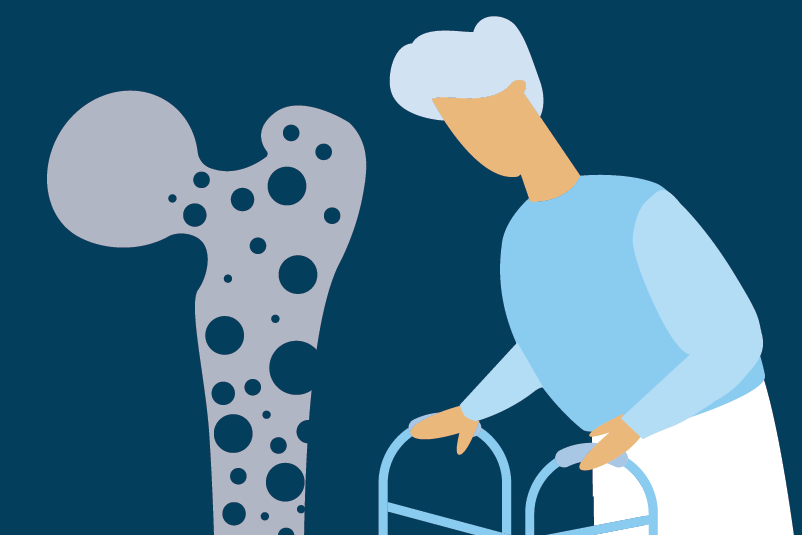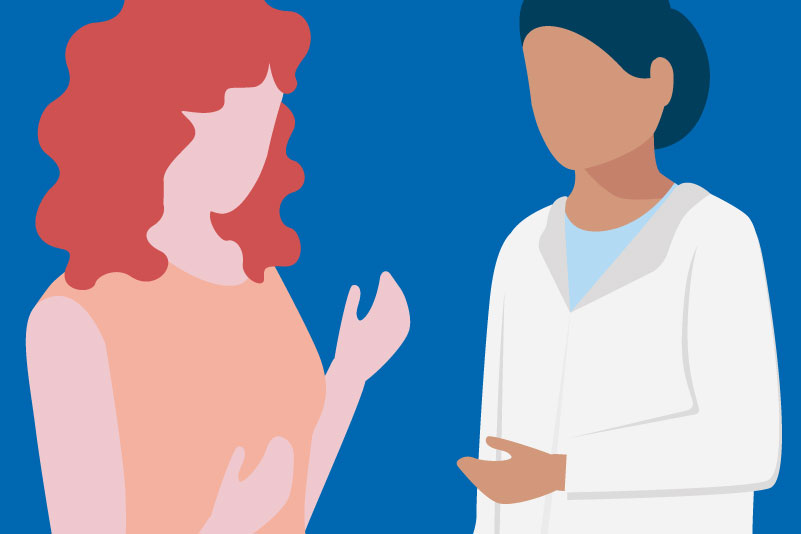#38 What are the Risks and Benefits of Stopping Antipsychotics in the Elderly?

Reading Tools for Practice Article can earn you MainPro+ Credits
Join NowAlready a CFPCLearn Member? Log in
- Only 1/9 RCTs3 reported a statistically significant difference in the primary neuropsychiatric outcome. Two highest-quality trials (including the one with a neuropsychiatric change):
- ADAD:3 180 patients (mean age 80) whose neuropsychiatric symptoms improved with 16 weeks of open-label risperidone (110 patients) were randomized to switch to placebo (discontinuation) or continue risperidone.
- Relapse (on any of four measures) at 16 weeks: Discontinued 60% versus continued 33% (Number Needed to Harm (NNH)=4 with discontinuation).
- No difference in deaths (but numbers very low).
- DART-AD:4,5 165 patients (mean age 85) on antipsychotics for ≥3 months for behavioural disturbance due to dementia were randomized to continue antipsychotic or switch to placebo (discontinue).
- Neuropsychotic outcomes at six months: Eight different scales, none worse with discontinuation.4
- Mortality was statistically significantly lower in those discontinuing (29%) versus continuing antipsychotics (54%), Number Needed to Treat (NNT)=4 with discontinuation.5
- ADAD:3 180 patients (mean age 80) whose neuropsychiatric symptoms improved with 16 weeks of open-label risperidone (110 patients) were randomized to switch to placebo (discontinuation) or continue risperidone.
- One systematic review6 of 15 RCTs found an increased risk of death with second-generation antipsychotics vs. placebo (NNH=84 at 10-12 weeks).
- Four of six large cohort studies7 found that first-generation antipsychotics were associated with a greater risk of death than second-generation antipsychotics, whereas the other two studies found a similar associated risk of death.
- As observational data, these studies should be interpreted with caution, but suggest older antipsychotics are not safer than newer agents.
- Three systematic reviews of antipsychotics for patients with behavioural issues and psychosis in dementia have found the effects to be:
- At best, modest (but statistically significant) improvement in aggression and psychosis8,9 or not statistically different from placebo.10
- Countered by statistically significant increase in adverse events including cerebrovascular events.10






